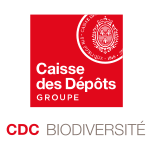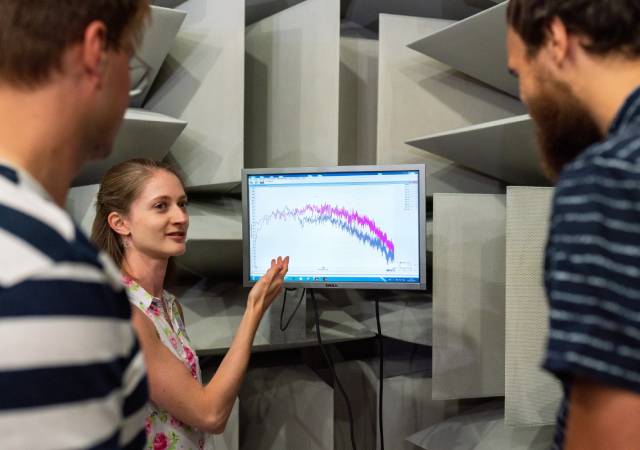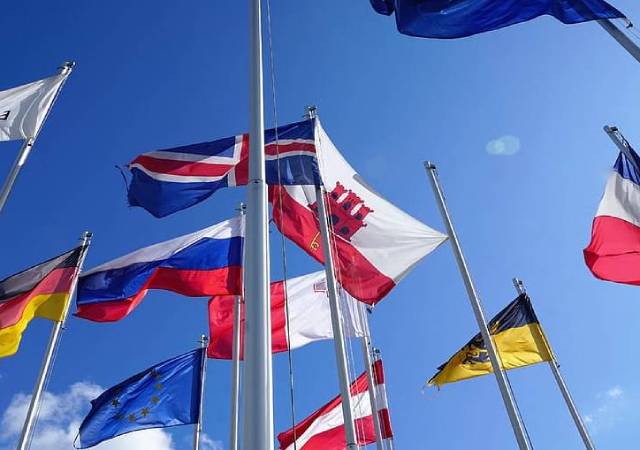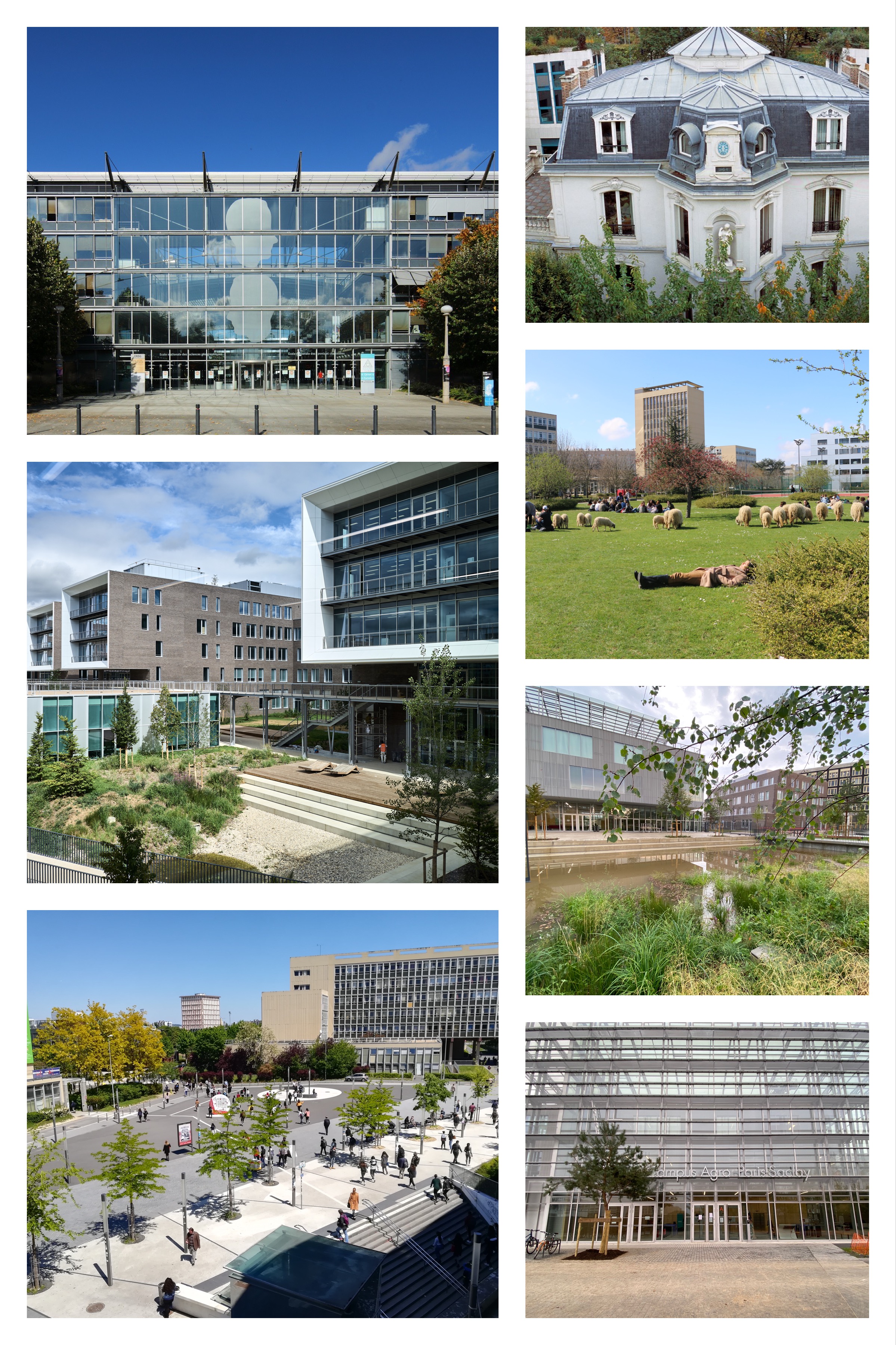Our Master’s in Environmental Economics, Energy & Transport prepares you to meet the energy, environmental and agri-food challenges of the 21st century, whether it be climate change, overexploitation of natural resources, water and air pollution, land use (food/bioenergy) or the transition to a decarbonized world.
The “Environmental, Energy and Transport Economics” (EEET) specialization of our master’s degree is co-accredited by the Université Paris-Saclay (via the operators AgroParisTech, CentraleSupélec and INSTN), the Université Paris-Nanterre, the École des Ponts ParisTech and the IFP-School. It includes a M1 and a M2 divided into 5 courses.
(find the .pdf documentation of the “Economics of the Environment, Energy and Transport” subject by clicking here)




This Master 1 allows you to mobilize multiple knowledge and integrated approaches to cover all the areas on which the challenges of the energy, environment and food sectors are based. It prepares you for entry into the five M2 EEET courses, which focus on the environment, modeling, energy, food and transport.
This course is aimed at students who are interested in food policies in their economic (food autonomy), social (lack of attractiveness and low incomes of agricultural professions), environmental (agriculture and food constitute a significant source of greenhouse gases and diffuse pollution) and public health (obesity rates, agricultural production methods with the emergence of new concerns related to chemical contaminants) components.
The objective of this course is to address all issues related to the energy transition by mobilizing multidisciplinary analyses from the perspective of economics. Key analyses are proposed to understand the challenges, constraints and issues that energy sectors encounter in their development and/or evolution.
The objective of this course is to offer training that addresses all environmental issues from an economic perspective. Graduates must have the skills to design strategies to address energy and environmental challenges (e.g., climate change, overexploitation of natural resources, or water and air pollution). They must also have the academic knowledge that will allow the most motivated to integrate private and public research. Some graduates will also be able to integrate national and international decision-making centers (civil service, communities, international organizations).
The objective of this course is to provide a foundation in environmental economics, along with training in the tools and methods of integrated modeling for energy, climate, and natural resource issues. It emphasizes a forward-looking approach to address the challenges of energy, climate, and ecological transitions.








Public & Private Companies
Many students of the EEET Master are regularly recruited by the same public or private employers in the energy and transport sectors, as well as for technical analysis or the implementation of projects with an environmental component.
Research & PhD continuation
Bridges are also possible with research and the pursuit of doctorates:

It is possible to apply for admission to M1 or directly to M2. French students or students from the bachelor’s degree course in France must apply through the national platform. Foreign students can apply through the platforms of the institutions co-accrediting the mention.
The M1 “Environmental and Energy Economics” prepares students for entry into five M2 courses, which focus on the environment, energy, food and transport.
For the five M2 EEET courses, the first semester is devoted to teaching and the second semester (April-September) to the internship, which is accompanied by a master’s thesis.

The apprenticeship concerns the following courses for a limited number of students (approximately 20-30 students/year):

The master’s degree is fully integrated into an international outlook, both at the professorial level, with a teaching team integrated into the international research network, and at the student level, with many of them participating in international programs or carrying out M2 internships abroad.
Depending on the M2 course he is following or whether he is joining the course in M1 or M2 directly, the student will follow the majority of his UEs on one campus or another:
The locations of each course are indicated on the course description page
